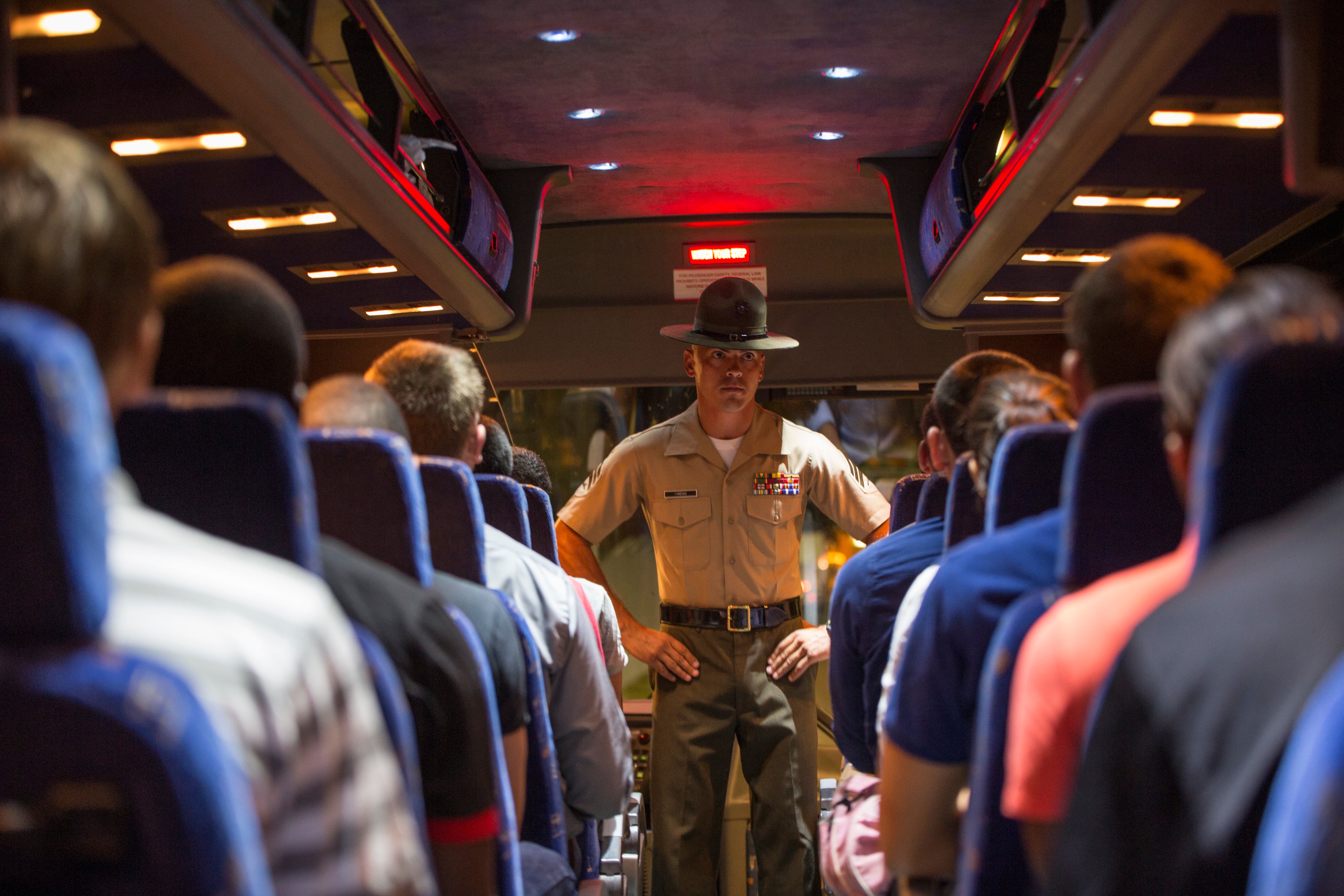For my money, one of the best military-political theorists of our time is retired Army Col. Andrew Bacevich. I recently re-read his 2005 instant classic, “The New American Militarism: How Americans are Seduced by War” that he wrote while serving as a professor of International Relations and History at Boston University. In his analysis, militarism in America is a sad reality. His observations over a decade ago are every bit as useful and on-point now as they were then — proof positive that the ultimate standard of a classic is to stand the test of time.
Bacevich begins his work with a statement of fact: “Today as never before in their history Americans are enthralled with military power. The global military supremacy that the United States presently enjoys — and is bent on perpetuating — has become central to our national identity.”
Although I believe that the author is quite correct in his assessment, I would take the position that militarism in America is in fact not altogether new, but merely now wearing a contemporary suit of clothes. In any case, modern or mature, the phenomenon presents a danger to the republic. What is this danger?
The wars in both Iraq and Afghanistan are telling. Bacevich points out that President George W. Bush stated unequivocally and implausibly that he would, “rid the world of evil.” We know that evil has been around for a long time and that achieving such an objective was not possible. In any case, a huge military would be necessary to attempt it. It may be worthwhile to point out that President Woodrow Wilson was cut from a similar, if less ambitious, bolt of cloth based in idealism. But in the attempt, Bush embraced militarism to strike out at perceived enemies in the wake of 9/11. However, Iraq had nothing to do with the attacks on the twin towers and Pentagon.
Bacevich goes on to state that “…Americans in our own time have fallen prey to militarism, manifesting itself in a romanticized view of soldiers, a tendency to see military power as the truest measure of national greatness…” Soldiers who know that there is nothing romantic about war inevitably ask themselves why else are we still in Afghanistan after two decades of conflict and what have we accomplished?
His analysis suggests a possible answer: “The Republican and Democratic parties may not be identical, but they produce nearly identical results. Money buys access and influence, the rich and famous get served, and those lacking wealth and celebrity get screwed…” “…the system is fundamentally corrupt and functions in ways inconsistent with the spirit of genuine democracy. This anyone with eyes to see recognizes.” The Republican Bush was followed by the Democrat Obama, who embraced with only a bit less enthusiasm the killing of terrorists with the military cudgel.
RELATED

It appears that the ideal of the citizen-soldier is all but dead, killed by the sacrifices it required of Middle America. But, the success of the all-volunteer Army is also problematic — further separating political decision-makers from any chance of being personally impacted by our nation’s conflicts. Because there is no active national draft, only a very tiny minority of the sons and daughters of the well-to-do currently serve in the military. Conversely, representation of the well-to-do among political elites is high.
This means that political elites seldom have any skin in America’s wars. They do, however, often own considerable stock in defense industries. For the most part, the children of those who hold either wealth or position are not killed or maimed in America’s wars any longer. Moreover, the political elites themselves have only rarely served in uniform. Those who know nothing of battle are the ones who tend to romanticize armed forces service the most.
Bacevich sums up beautifully in his afterword: “The “standing army” created in the wake of Vietnam has now become sacrosanct, cherished by the state as an instrument for projecting power and by the country at large as a convenient device for dodging responsibility.”
Neither Bacevich nor I are anti-military — quite the opposite. However, it is critically important to understand that American militarism possesses a significant downside for the country. Our sons and daughters should not become mere expendable cannon fodder for those who by virtue of wealth or position are guaranteed never to have to face the irredeemable loss and manifest horrors of war.
Robert Bruce Adolph is a former United Nations Chief Security Adviser and U.S. Army Special Forces lieutenant colonel. He recently published a startling book entitled “Surviving the United Nations: The Unexpected Challenge,” that is available on both Amazon and Barnes & Noble websites and now available in ebook format.
Editor’s note: This is an Op-Ed and as such, the opinions expressed are those of the author. If you would like to respond, or have an editorial of your own you would like to submit, please contact Military Times managing editor Howard Altman, haltman@militarytimes.com.
Robert Bruce Adolph is a former United Nations chief security adviser and U.S. Army Special Forces lieutenant colonel. He recently published a startling book entitled “Surviving the United Nations: The Unexpected Challenge,” that is available on both Amazon and Barnes & Noble websites and now available in ebook format.




